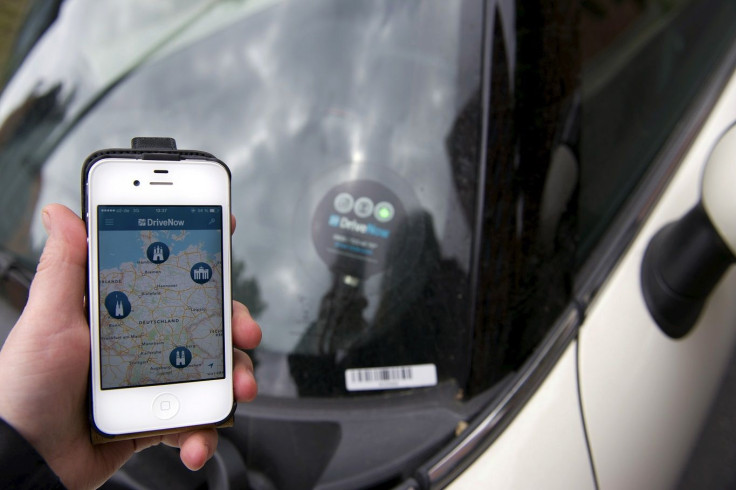Australia still has mobile network-related problems despite radical improvements

Network-related complaints have substantially decreased over the years after radical improvements to Australia's telco infrastructure, but there is still a lot of work to be done to make it better, according to the government.
In the latest report released by the Telecommunications Industry Ombudsman, it said that Australian consumers made less complaints — over 124,000 — about their mobile, Internet and landline services this financial year, down by 10.5 percent from the last financial year.
However, Ombudsman Diane Carmody admitted that this has to be addressed soon as it is, categorically speaking, still a “huge number.” “The telecommunications industry has a long way to go,” she told Business Spectator.
The report also said that a large percentage of these complaints remains unsolved, not because telco firms are not acting on them, but because of infrastructure and technology limitations in Australia.
This, in turn, forces some regular Australians to resort to purchasing signal boosters ubiquitous in the country. Yet what irks the government is the growing number of illegal network boosters and their patrons.
Consumers who don’t use boosters said that it exacerbates the problem, as illegal network boosters interfere in the signal, which leads to dropped calls and slow Internet connections.
"It can totally wipe out the network, so [it's] very concerning. They send out a high-power radio signal, they're amplifying the mobile system that's coming into the home or business. The problem is that high-powered transmission causes significant interference to the mobile phone network,” Telstra Country Wide area manager Boyd Brown told the ABC in March.
“For the last 12 months, on average, we're detecting about a device a week, prior to that 12 months ago in the previous 18 months we detected about 50 units, so it is increasing," he added.
In the U.S., similar occurrences take place despite the country’s highly advanced telecommunications infrastructure. The continuing network problems in the country has paved the way for the inception of the network boosting technology market. However, the new Federal Communications Commission ruling that orders consumers to get approval from their network providers before getting a network booster has encouraged many emerging brands to commence operations outside the country.
For instance, 5BARz International (OTCQB: BARZ), an American company that promised to revolutionise the global network enhancing industry through its plug-and-play device, has chosen to commence its operations in India. However, it also has plans to offer its product on the American market in the second quarter of 2016 right after making an appearance in South America in the first quarter and in Asia in the last months of 2015.
“Our focus has always been on the ‘international’ — on something that is global, something that resonates wherever you go, but our long-term goal is to open up in other markets. And we have chosen to start it on India’s still-untapped and growing market,” CEO Daniel Bland said.
Australian telco market continues to grow
The Australian telco industry is poised to grow more in the following months, according to FT.com. Just recently, trading in the sector introduced an investor-appealing trend of domestic industry consolidation for this year on news that telecom servicer and data provider Vocus Communications made a AU$1.9 billion offer to rival M2 group.
The imminent news of a merger is a respite from the ongoing news that Telstra, the country’s largest network provider, is struggling to grow after left and right acquisitions in the past year. The giant telco firm has also announced that it would partner with brewery San Miguel Corporation to expand to the Philippines in the near future.
Contact the writer at feedback@ibtimes.com.au, or let us know what you think below.





















